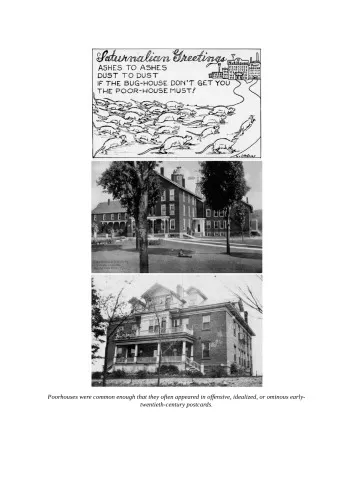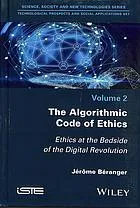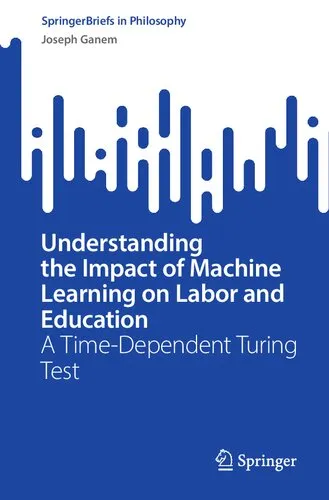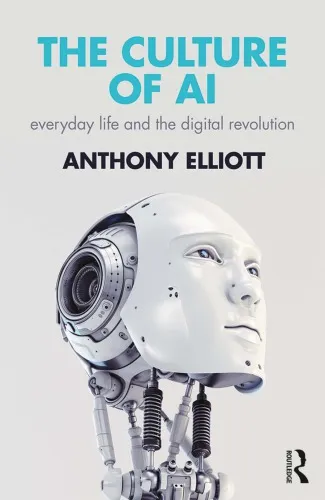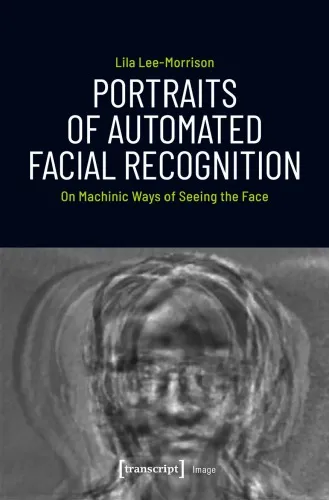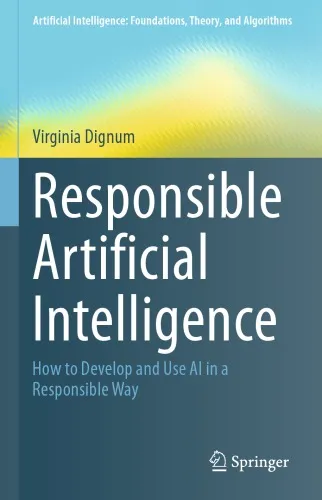Automating Inequality: How High-Tech Tools Profile, Police, and Punish the Poor
4.5
Reviews from our users

You Can Ask your questions from this book's AI after Login
Each download or ask from book AI costs 2 points. To earn more free points, please visit the Points Guide Page and complete some valuable actions.Related Refrences:
Book Summary
"Automating Inequality: How High-Tech Tools Profile, Police, and Punish the Poor" delves into the intricate and often opaque world of automated systems and their significant impact on marginalized communities within the United States. Authored by Virginia Eubanks, the book provides a critical examination of how digital technology and data-oriented systems, designed ostensibly for efficiency and equity, often exacerbate existing social inequalities. Through a series of investigative narratives, Eubanks uncovers how these systems, deployed in sectors like welfare, homelessness services, and child protective services, inadvertently uphold systemic biases and control society's most vulnerable individuals.
Eubanks takes readers through three significant case studies: Indiana’s attempt to automate welfare eligibility, Los Angeles' implementation of the Homeless Management Information System, and Pennsylvania’s use of predictive algorithms in child protective services. Through these examples, she argues that such technologies, rather than eliminating bias, encode and solidify new forms of discrimination, subjecting the poor to increased surveillance, bureaucratic hurdles, and punitive control measures.
Key Takeaways
- The automation of social service assessments often leads to systems that perpetuate and even exacerbate existing social inequalities.
- Technological solutions can fail to account for the nuanced needs of marginalized communities, instead offering one-size-fits-all answers that rarely benefit those in need.
- The deployment of automated tools for public assistance frequently involves inadequate transparency and accountability, limiting the public's ability to challenge decisions made by such systems.
- Effective and responsible technology use in social service administration requires community engagement, equitable design, and rigorous oversight.
Famous Quotes from the Book
"The poor are the testing ground for surveillance tools that will eventually be used on everyone."
"Automated decision-making isn’t just about efficiency. It’s about power. It transforms how power is distributed in our society."
Why This Book Matters
"Automating Inequality" matters because it shines a light on the unintended consequences of deploying technology without considering the social dynamics it interferes with. As societies increasingly rely on algorithmic systems for decision-making, recognizing their potential to cement systemic inequalities becomes imperative. Eubanks’ well-researched arguments and emotional narratives show that technology is not neutral; rather, it can mirror and exacerbate the very prejudices and issues it purports to solve. This cautionary tale implores us to reflect on our reliance on technology and to strive for systems that genuinely promote equity and justice, rather than perpetuating cycles of disadvantage and inequality.
Free Direct Download
You Can Download this book after Login
Accessing books through legal platforms and public libraries not only supports the rights of authors and publishers but also contributes to the sustainability of reading culture. Before downloading, please take a moment to consider these options.
Find this book on other platforms:
WorldCat helps you find books in libraries worldwide.
See ratings, reviews, and discussions on Goodreads.
Find and buy rare or used books on AbeBooks.
1388
بازدید4.5
امتیاز0
نظر98%
رضایتReviews:
4.5
Based on 0 users review
Questions & Answers
Ask questions about this book or help others by answering
No questions yet. Be the first to ask!
